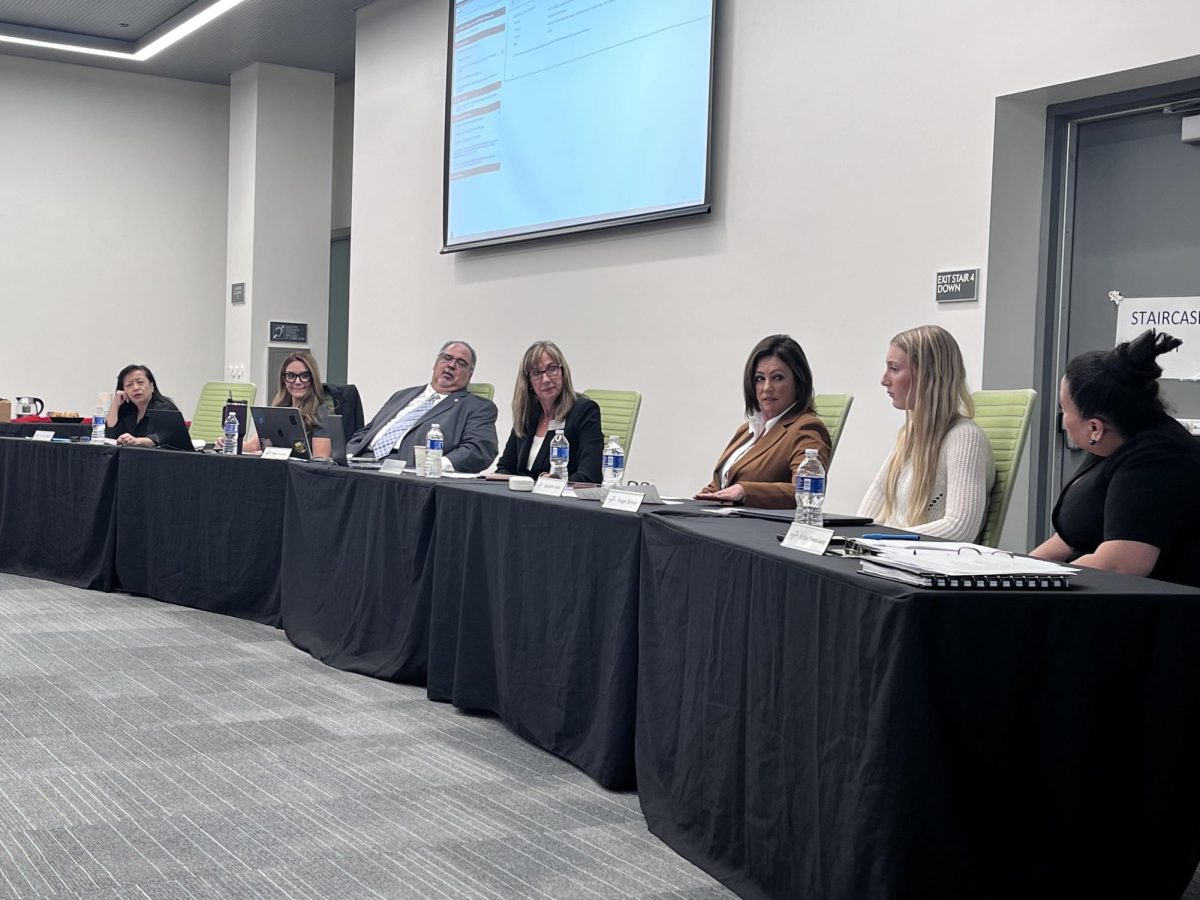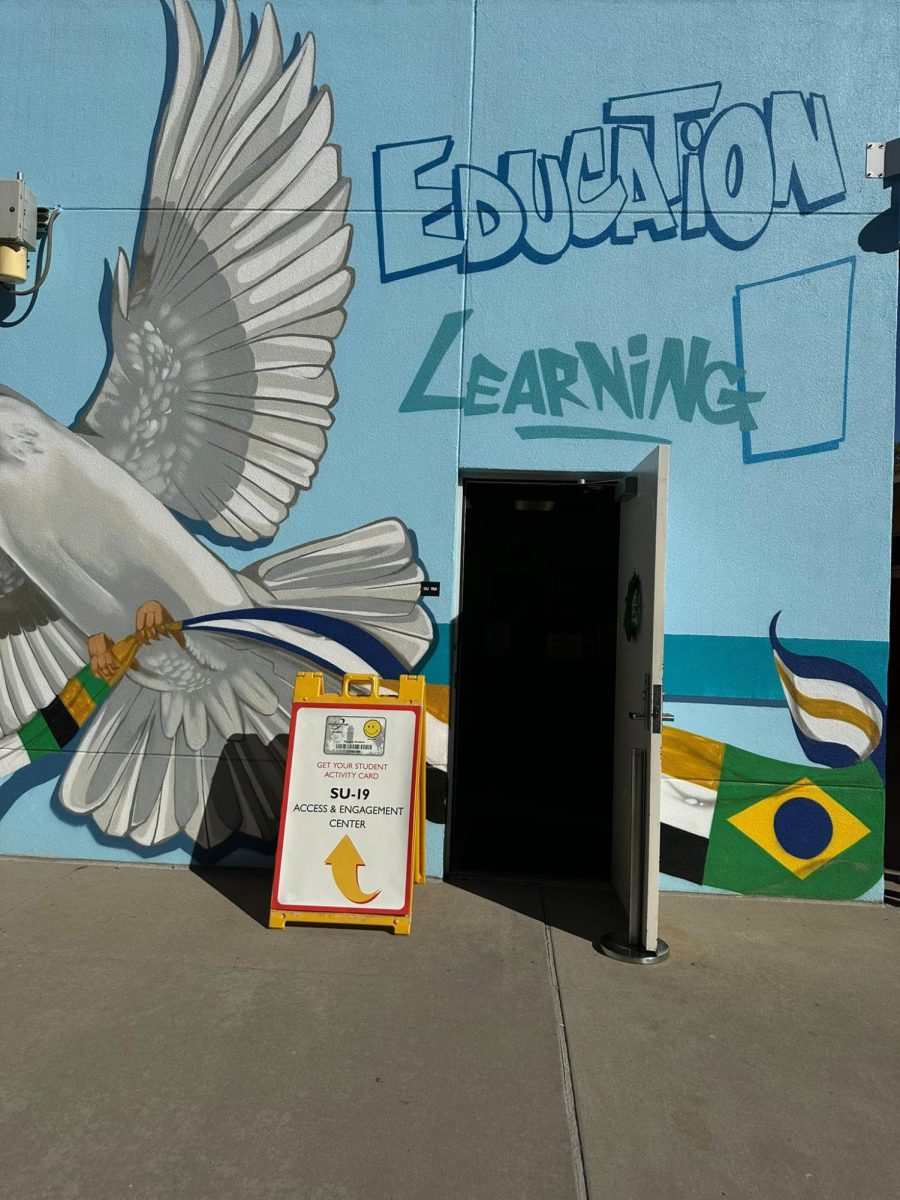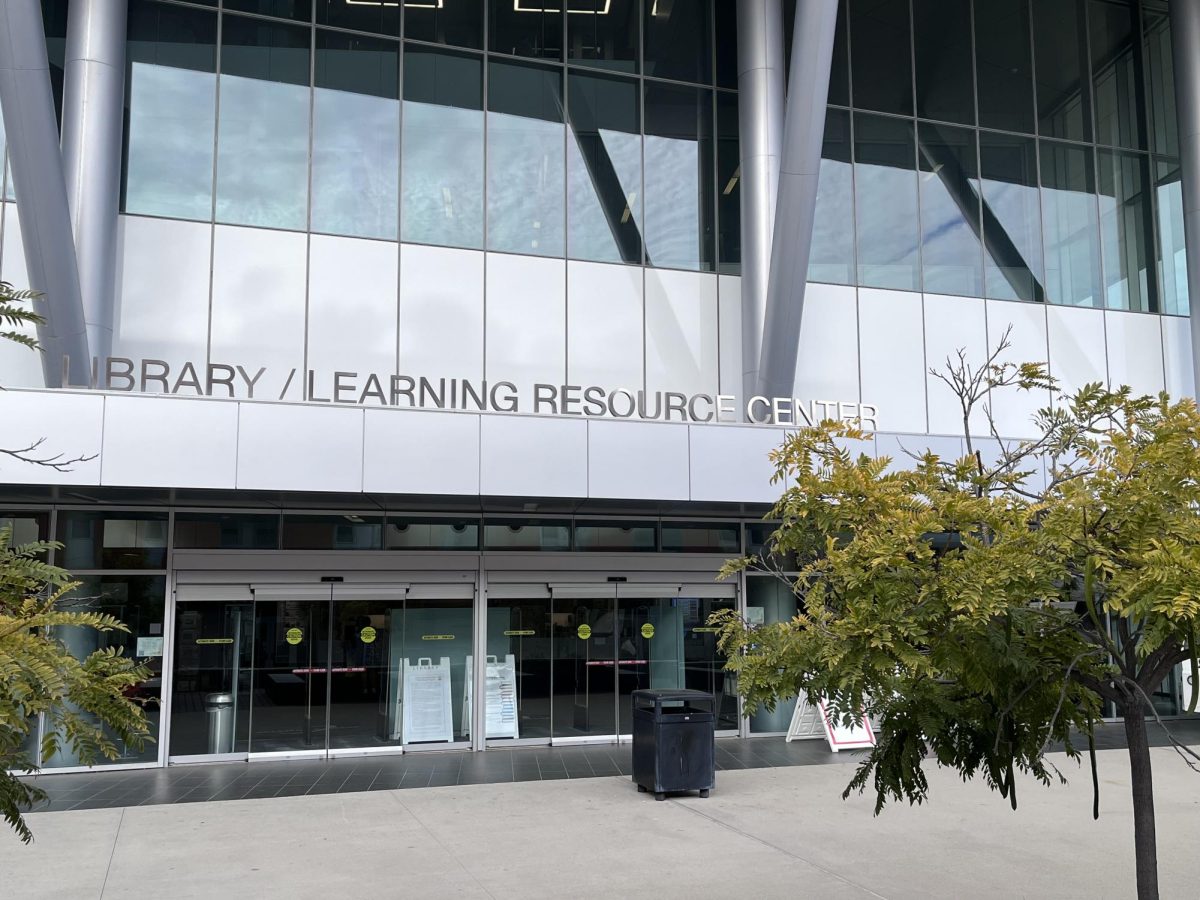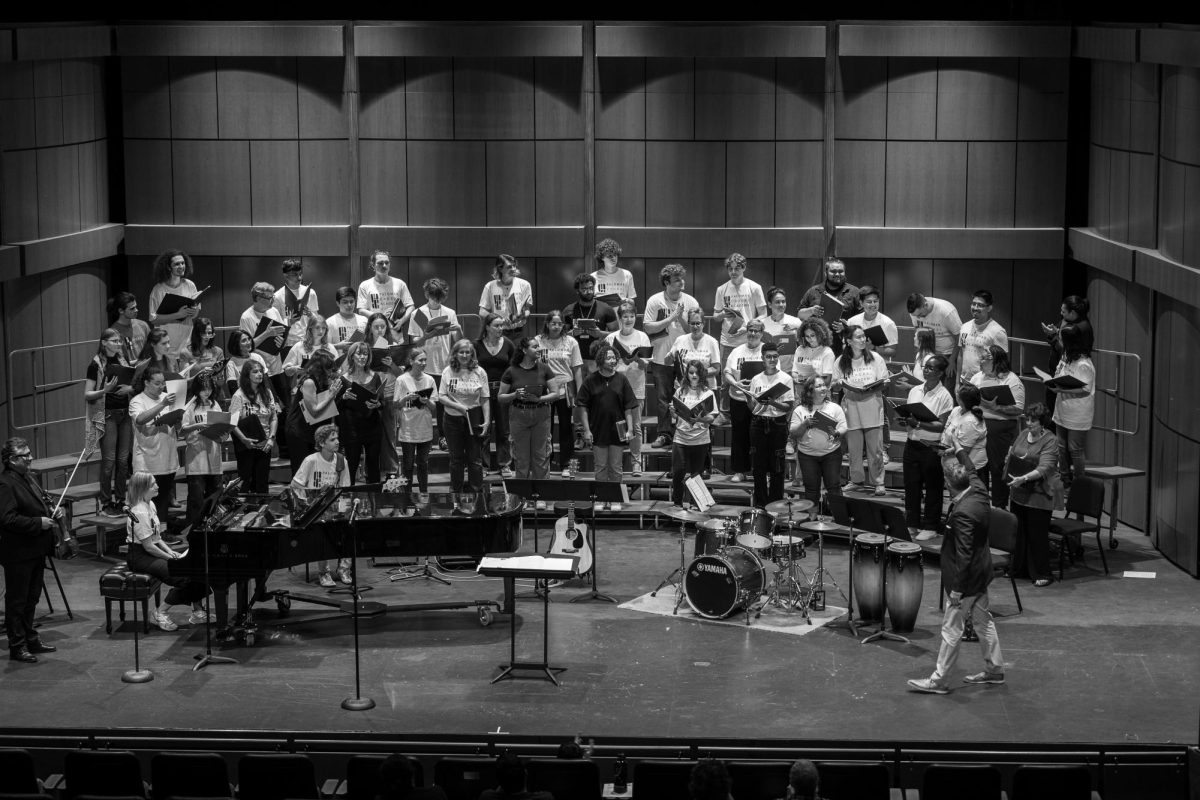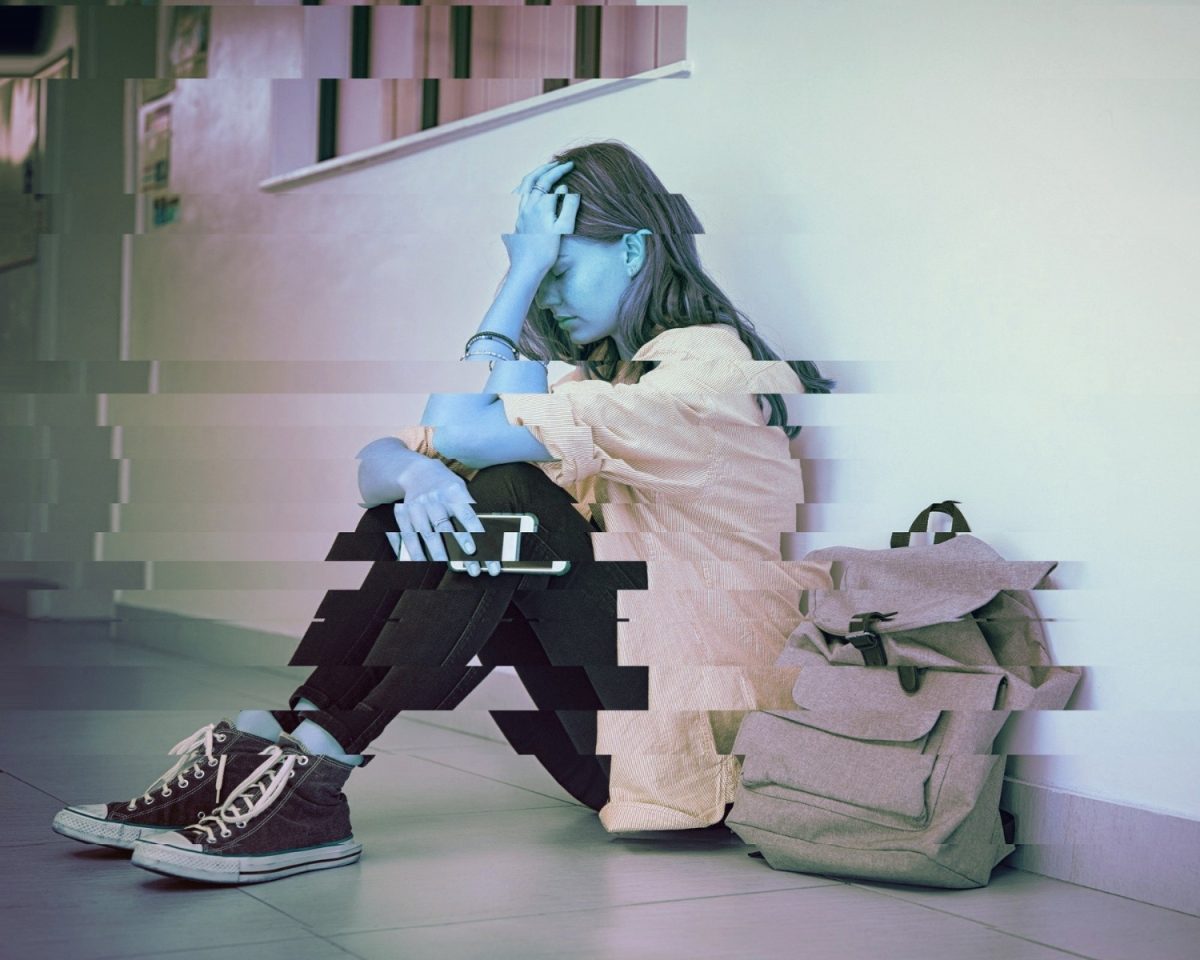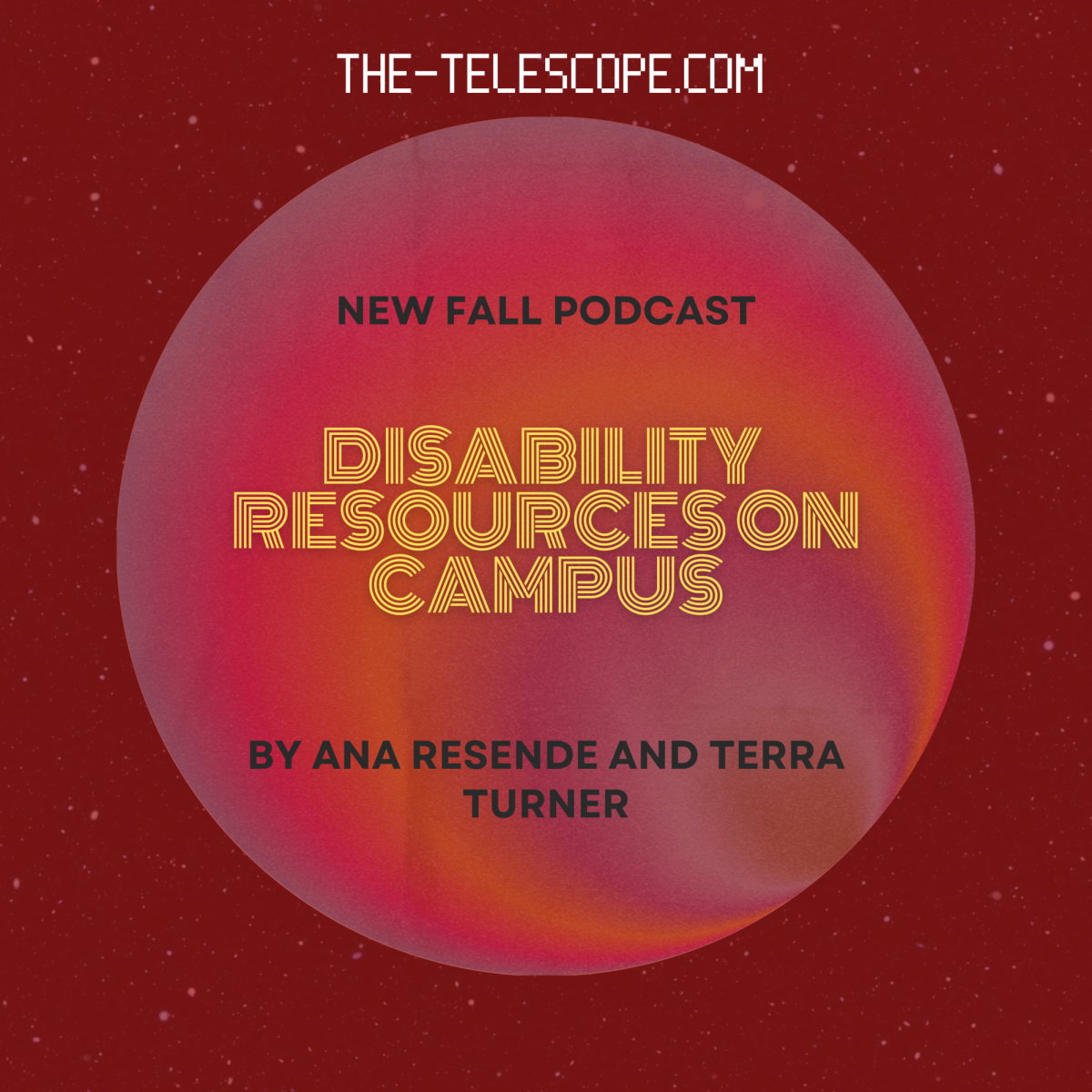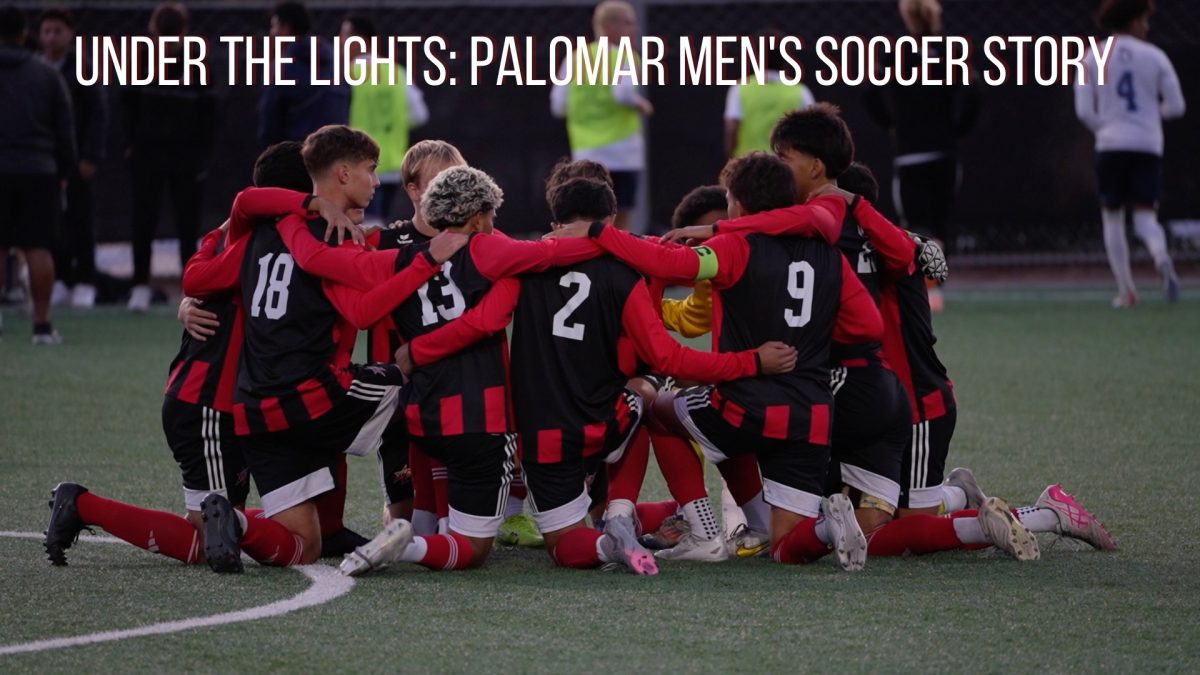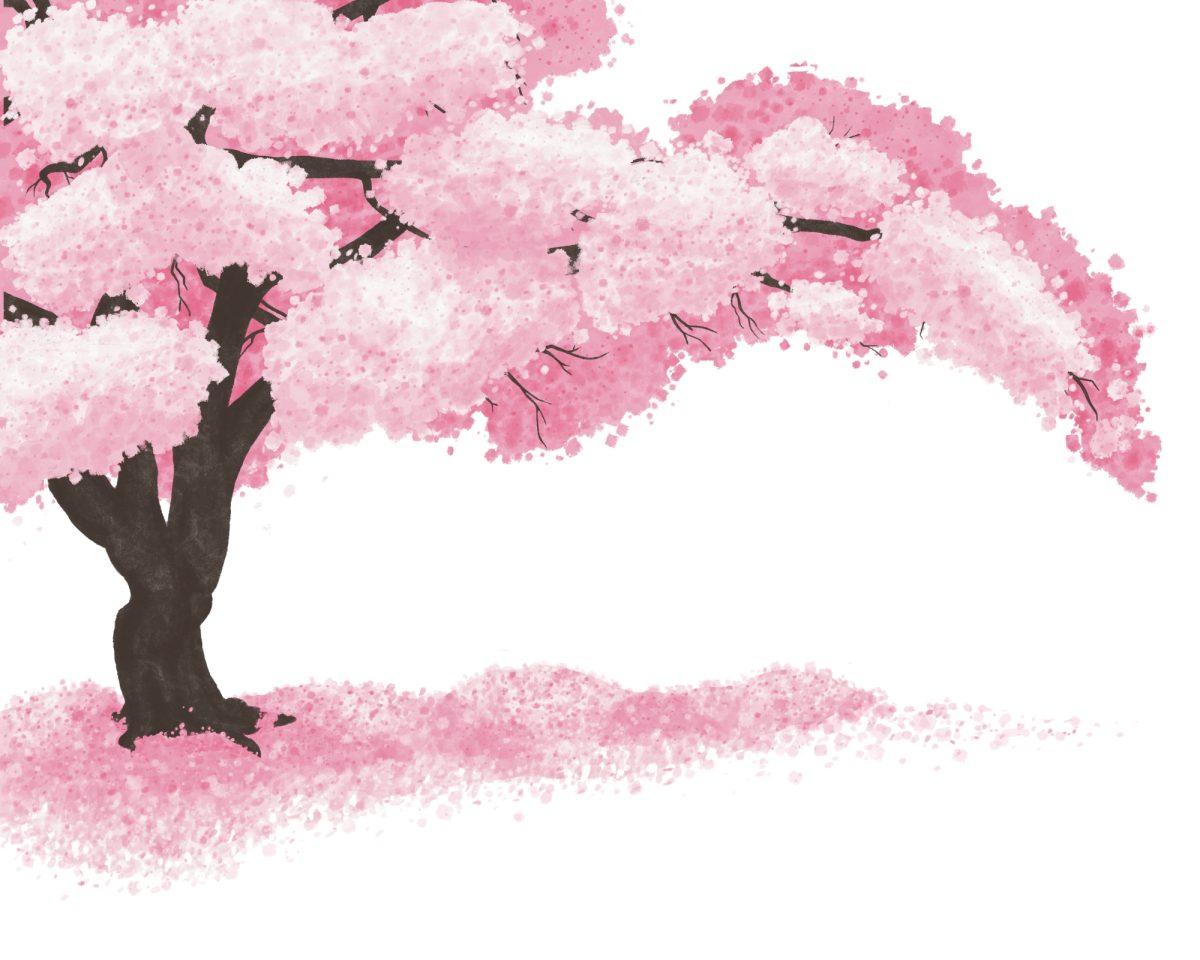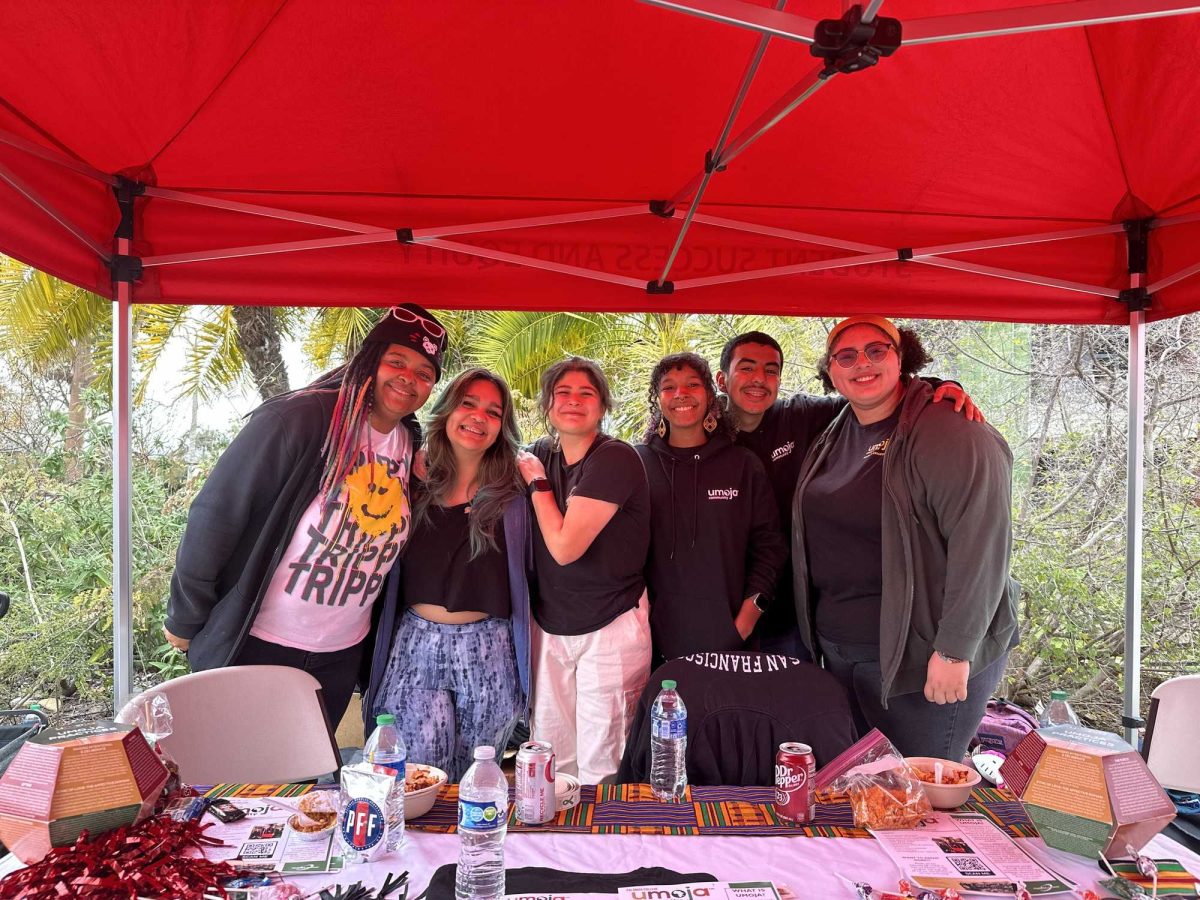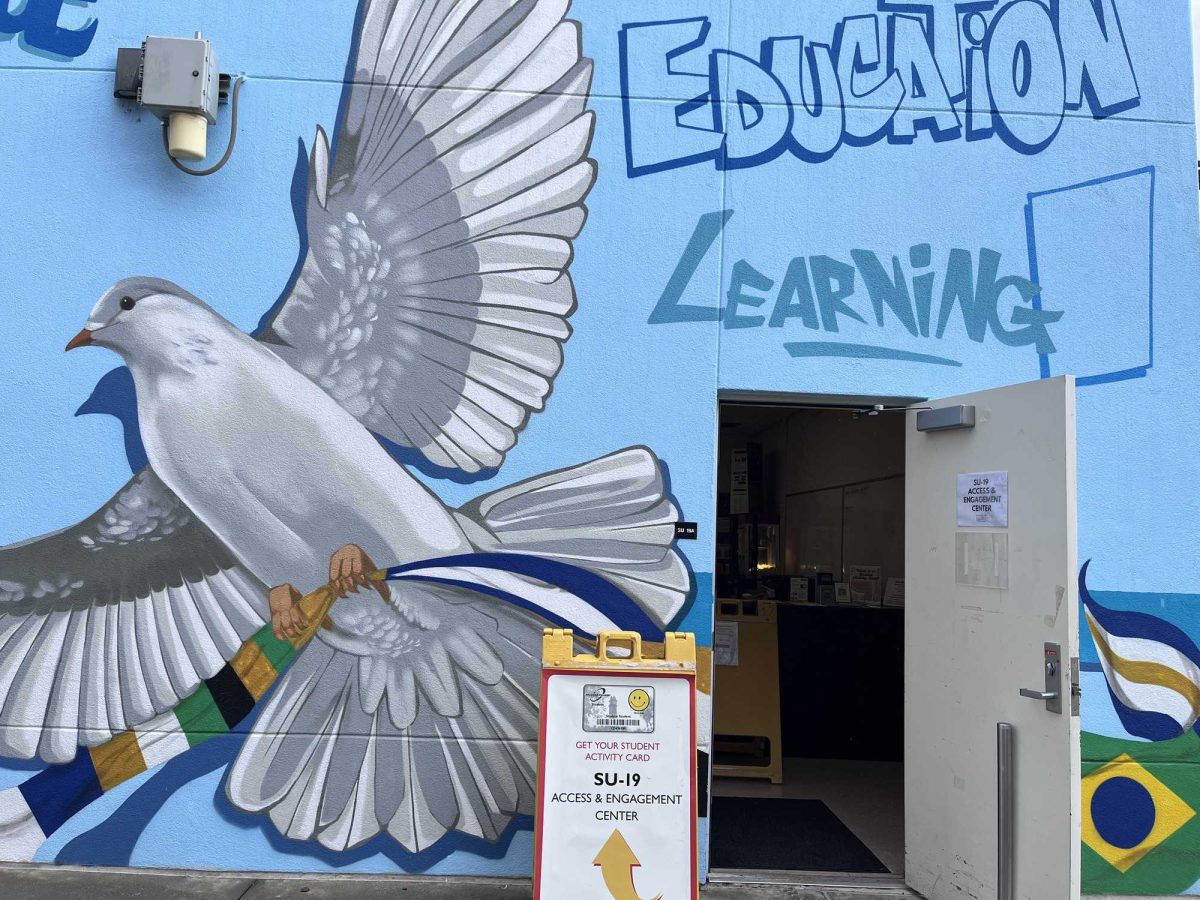People have more anxiety, stress and depression ever since the COVID-19 pandemic started last year.
Kira M. Newman, who is a writer, editor and producer for the “Greater Good Magazine” said that the rise of mental health has been increasing much more than before the pandemic.
She also discussed how mental health cases have had worst effects in China and the U.S. since February and March of 2020.
Mental health has affected people’s daily activities, hobbies and ability to work or go out. People have had a difficult time trying to cope with their everyday lives. Many, especially young people, have been feeling alienated and distressed.
A lot of people are more confined and withdrawn because of the lack of socializing throughout the pandemic. Newman said that “nearly 1 in 7 U.S. adults said they were often or always lonely in April 2020, up over 25 percent from 2018.”
At one police station about 100 miles from Wuhan, China, for example, domestic violence increased three times higher than the previous year.
In Los Angeles, California, statistics indicate that reports of domestic violence were about 1,300 from March to May. Compared to 2019, the reports estimated about 1,100 cases.
Different personality types, ages and styles of living have different mental health effects. This means that mental health effects will vary depending on your daily habits, behaviors and activities.
Based on studies from other countries, young people tend to be much more stressed, worried and pessimistic than older people during the pandemic. Women have worsening effects when it comes to mental health and are considered to be more likely to lose a job due to their mental state.
The impact of the pandemic has made it hard for college students to acclimate themselves to remote learning.
Palomar College behavioral counselor, Jean Cook, discussed in an email about how the pandemic has had an impact on Palomar students themselves. She described how it’s been difficult for students to cope with virtual learning.
“Students need to adjust to new routines, expectations, academic load – oftentimes balancing a job along with taking care of self and family demands as well as maintaining and developing new social connections and supports.”
“The pandemic has impacted all these areas of student’s lives in new, confusing and overwhelming ways at times.”
Cook also discussed how the pandemic has had an impact on herself as a counselor.
“Personally, I’ve had to adjust expectations. This has meant altering daily routines and activities; accepting and learning a new way to work as a counselor; foregoing social activities and in-person meetings with friends and different family members;” she said. “Relationships with others – family, friends, fellow students, work colleagues –are significant; find ways to sustain these relationships.”
Cook also mentioned how she advises students to care for themselves, and having kindness and decency and remaining optimistic towards the future.
“Identify and practice self-care and compassion; maintain a hopeful outlook and keep things in perspective; figure out and use coping skills that work for you and reframe thinking towards a more positive, affirming and helpful style.”

